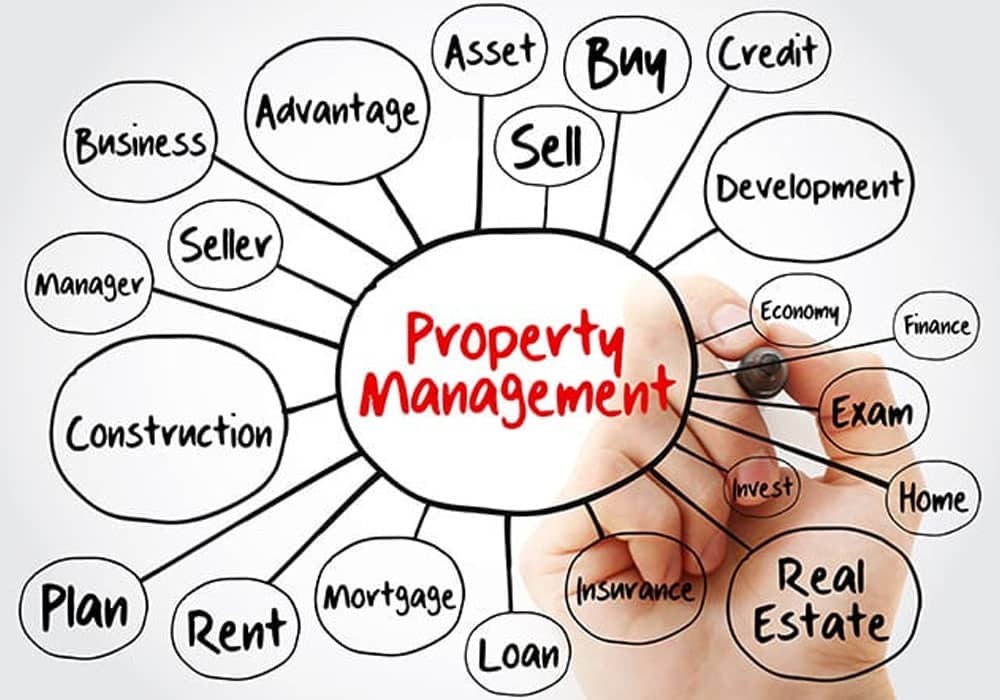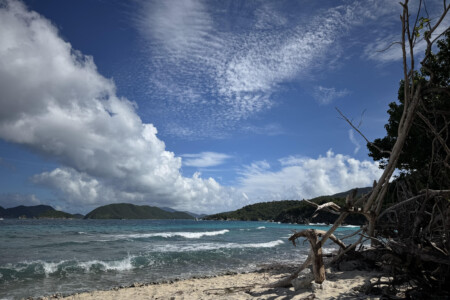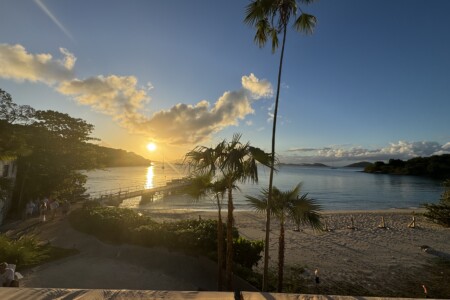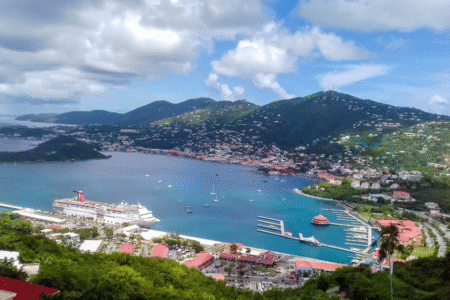What are Credit Score and Why are They Important
- June 25, 2025
- Uncategorized
Guide to Buying Real Estate on St. John Especially when buying a home in a competitive and high-value market, such as real estate in... Read More

Property management in St. John, U.S. Virgin Islands can be a rewarding experience, as St. John is a popular vacation destination. However, it can be challenging and unique, given the isolated location, climate, and the economy dependent on tourism. To help you effectively manage property in St. John, consider the following tips:
1. Understand the Market
Since the St. John property market is mainly driven by tourism, as the demand peaks in winter and early spring, knowing these trends can help you rent out your property most profitably. Know your renters; whether they book hunting or vacation rentals or want luxurious experiences to tailor your marketing and work on amenities.
2. Maintenance and Repairs
Property in St. John, USVI, is exposed to tropical climate, storms, humidity, salt air, and hurricanes, which increases the likelihood of mold and rust. Therefore, frequent maintenance is vital. Hurricane proofing your property with shutters, redecorated windows, or entirely new, roof, and a plan for stormy weather, such as boarding the windows or securing the outdoor furniture, is necessary. In addition, since it is a remote location, you should have contact with local contractors to do repairs quickly.
3. Property Management
You can use local management companies to maximize rental income if you cannot be on the island all the time. They will take over the daily running, communication with the guests, and emergency help. Moreover, providing concierge services, such as booking tours, transportation, can draw more clients.
4. Rental strategy
Short-term vs. Long-term Rentals: Determine whether you want to rent your property to vacationers-short-term rentals or long-term tenants. Whereas short rentals are more profitable, they are riskier and involve frequent management. On the other hand, long-term rentals are more stable, demand less turn-over, and generate stable income.
Vacation Rental Platforms: Post your property on popular vacation rental websites, such as Airbnb, VRBO, and Booking.com. Make sure that your listing is attractive and neat, provide quality pictures and make your descriptions detailed and clear to potential renters on all amenities and rules.
Pricing Strategy: Have your rental prices be affected by the season and competition. Offer price cuts to renters who stay longer and offer rent cuts to tenants who register early during low-occupancy seasons.
5. Guest experience
First Impressions: Make sure your property is clean, well-maintained, and inviting to guests. Personalize your home with a touch of the island by decorating it using the Island’s elements, or give your renters a ‘welcome’ gift of local goods.
Clear Communication: Provide clear directions to services available to the renter, be it check-in, check-out, or amenities use. Also, offer them a printed brochure with the information on good places to eat, the beach, etc.
Prompt Response: Attend to and respond to your renters in the shortest time possible. Customer satisfaction creates good reviews and ensures good business flow.
6. Legal and Tax Consideration
Laws: Know your local laws on short-rental laws, your local zone laws and building laws. Non-compliance will result in dire consequences in form fines or suspension of businesses, depending on the scale.
Taxes: Your property is subject to tax in the USVI, and other local taxes on rental income. You should consult a local tax professional for your tax purposes to avoid prosecution due to non-payment.
7. Security Measures
Install security measures at your property. Install security cameras, alarms, and smart locks to ensure the safety of your property and your guests, especially when the property is at a remote location or when there are no resident.
8. Insurance
Buy comprehensive property insurance, covering the risk of fire, hurricanes, guest accidents, and loss of rental income. Ensure that your insurance policy is adequate for the USVI’s requirements.
9. Sustainability and environment
Energy: Invest in solar panels, energy-efficient appliances, and water-saving fixtures to decrease utility bills and attract eco-conscious guests.
Waste: Enforce waste separation by recycling and composting where feasible. Inform guests of local regulations and ensure that they recycle adequately.
Local Flora and Fauna: Provide information and recommendations to your guests on proper tourist behavior, such as avoiding coral damage and water conservation.
10. Marketing
Professional Photography: Hire a professional photographer to take high-quality photos of your property. This investment may provide a significant increase in booking numbers.
Website and SMM: Create a group or website for your property to be visible to more people. Post weekly updates, hand out specials, and provide local insights.
Reviews: Encourage your guest to leave reviews on popular platforms if they have had a wonderful experience. Reviews are important indicators to potential customers.
11. Community Integration
Links: Establish links to the local business community and follow local news.
St. John Offer: Buy products made on the island or use St. John-made services to create a unique experience for your guests and support the local economy.
In conclusion, successful property management in St. John involves attention to detail, maintaining the high quality of the property, and knowledge of the local environment. By following these strategies, you can ensure that your piece of paradise provides you with the desired income and the joy of owning it.

Guide to Buying Real Estate on St. John Especially when buying a home in a competitive and high-value market, such as real estate in... Read More

The idea of renting a home in paradise may seem like a dream — but when it comes to life in an island... Read More

Picture waking to the sound of waves, spending your afternoons snorkeling coral reefs and hiking through the National Park and, come sundown,... Read More
Log in
Please enter your username or email address. You will receive a link to create a new password via email.
Join The Discussion